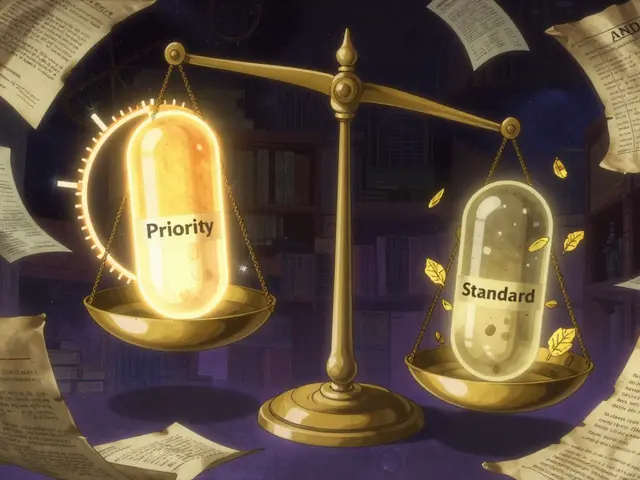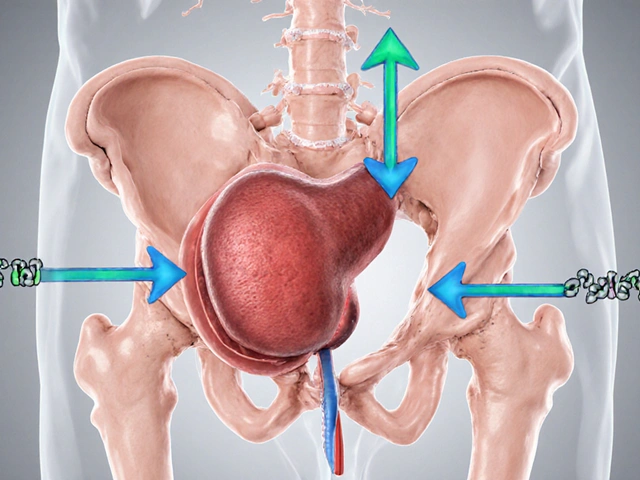Mental Function: Easy Ways to Boost Your Brain Every Day
Ever feel like your brain is running on low power? You’re not alone. Most of us hit moments of fog, forgetfulness, or trouble staying on task. The good news? Small, everyday changes can give your mental function a real lift without pricey pills.
Nutrition and Supplements for Cognitive Power
What you eat plays a huge role in how fast you think and remember. Foods rich in omega‑3 fatty acids—like salmon, walnuts, and flaxseeds—feed the cell membranes that keep brain signals smooth. Add a handful of berries to your breakfast; the antioxidants there help protect neurons from oxidative stress.
If your diet falls short, a few well‑chosen supplements can fill the gap. A daily dose of 1,000 mg of DHA/EPA, a quality B‑complex, and a modest amount of Vitamin D are the most common trio doctors recommend for cognitive health. Some people also notice benefits from standardized extracts of Ginkgo biloba or Lion’s Mane mushroom, but stick to reputable brands and check for any interactions with your meds.
Lifestyle Habits That Sharpen Focus
Exercise isn’t just for the body; it’s a brain booster too. Even a 20‑minute walk boosts blood flow, delivering oxygen and glucose that keep mental gears turning. If you can’t make it outside, try a quick set of jumping jacks or a short yoga flow to get the heart rate up.
Sleep is the ultimate reset button. Aim for 7‑9 hours of uninterrupted rest, and keep your bedroom dark and cool. When you pull an all‑nighter, you’ll notice slower reaction times and fuzzy memory the next day—no one wants that.
Stress is a silent thief of mental function. Simple mindfulness practices, such as focusing on your breath for two minutes, can lower cortisol and improve attention span. If you’re swamped, break tasks into 25‑minute blocks (the Pomodoro technique) and reward yourself with a short stretch or a glass of water.
Hydration matters, too. Dehydration can reduce alertness as quickly as a cup of coffee can boost it. Keep a water bottle on your desk and sip regularly—aim for at least eight glasses a day.
Finally, give your brain a workout. Puzzle apps, reading a new genre, or learning a language challenge neural pathways and help keep memory sharp. You don’t need hours; ten minutes of a crossword or a quick memory game each day does the trick.
Putting these pieces together—balanced nutrition, regular movement, solid sleep, stress management, and mental challenges—creates a solid foundation for better mental function. Start with one habit, stick to it for a week, then add another. Your brain will thank you with clearer thinking, steadier focus, and a memory that’s less likely to leave you hanging.
Alcohol Dependence Syndrome: Long-term Effects on Cognitive Function
Alcohol dependence syndrome chips away at your ability to think, remember, and make decisions—often for years before you notice. This article digs into how heavy drinking actually changes the brain, why it’s not just about short-term memory lapses, and what science says about long-term risks like dementia. Get practical tips on spotting early warning signs, plus real ways to help your brain recover if you (or someone you care about) decide to stop drinking. The damage isn’t always set in stone, but ignoring it won’t make it go away.





